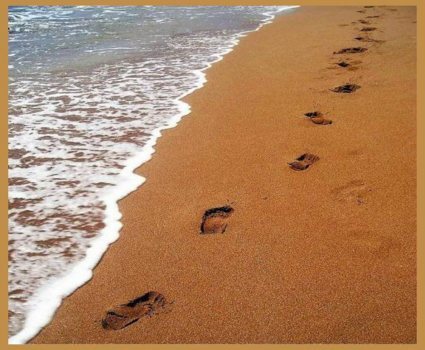Although much of the world was at war the Netherlands hoped to remain neutral. Because of their geographic location that was not to be and in May of 1940, Nazi Germany invaded and soon occupied the Netherlands. The Dutch government and royal family secretly fled to London which soon proved to be unsafe as well. Queen Wilhelmina sent her daughter, and heir to the throne, Princess Juliana and her two young daughters to Canada where they settled in the Ottawa area. Princess Juliana's husband, Prince Bernhard, was fighting in the war.
The Nazis brutalized the Netherlands destroying farmland, national treasures and buildings. Although the Dutch are a peace-loving people, the Nazis sent the majority of the Netherlands' Jews to concentration camps and killed many Dutch citizens for being "spies." Life was very difficult for the Dutch people with food and supply shortages as well as open hostility with the Germans who occupied their towns.
Meanwhile, in Ottawa, Princess Juliana lived a dual life. On the one hand, she was a war bride like many others and volunteered her time to help the war effort. Her children attended public school and they experienced "rationing" like everyone else. On the other hand, she was royalty and as such had diplomatic duties to attend to. Her third child was born in Ottawa, the only royal baby born in North America. Because the sex of the baby was unknown and a son would be the heir to the throne, it was imperative that the baby be born on Dutch soil. The Canadian government, in an unprecedented act, temporarily ceded a room at the Ottawa Civic Hospital to the Netherlands to ensure the nationality of the child. These events, rooted in friendship, surrounding Princess Margriet Francisca's birth were a great encouragement to the Dutch people who were fighting for their lives.
The winter of 1944 was unusually harsh in Europe and left much of the Netherlands without heat or enough food. The Dutch call it "hongerwinter" or Hunger Winter. The Germans realized by this time that they would not win the war and as they retreated they destroyed supply routes, blew up bridges and docks and ruined agricultural land making some of it unfit for farming for years. All of these factors contributed to a severe famine in the Netherlands. 10,000 Dutch died of malnutrition alone that winter. The Canadian Forces liberated the Netherlands on May 5, 1945 and immediately began airlifting food and helping the Dutch rebuild their country.
Princess Juliana and her daughters returned to the Netherlands later that spring but she never forgot the love and friendship Canada showed not only her, but her country as well. She presented the Canadian people with a gift of 100,000 tulip bulbs. And the Dutch royal family has given a gift of 10,000 tulip bulbs to the Canadian people every year since then. In addition, the Dutch Bulb Growers Association also gifts 10,000 bulbs annually. This year was the 65th Anniversary of this loving friendship between these two countries. The vast majority of Dutch citizens today did not personally experience "hongerwinter" but they, like their Canadian brothers, know the meaning of Proverbs 17:17- "A friend loves at all times."
There are tulip beds ALL over Ottawa using more than 50 varieties of tulips.
The dark blooms are called "Black Hero" and are stunning among the pastel pink and white tulips. They have a very subtle fragrance... I could have stayed there all day!
From design to flowering takes 17 months. With over a million visitors to the Festival of more than 3 million blooms, it is time well spent!





Wow! Now I want to go!
ReplyDeleteCanada has always been a friendly country to just about any country in need - it's too bad they rarely have that friendship reciprocated. I'm glad the Netherlands recognized the friendship and goodwill the Canadian people show so openly.
ReplyDeleteAnd I agree with Jenne - I want to go, too!